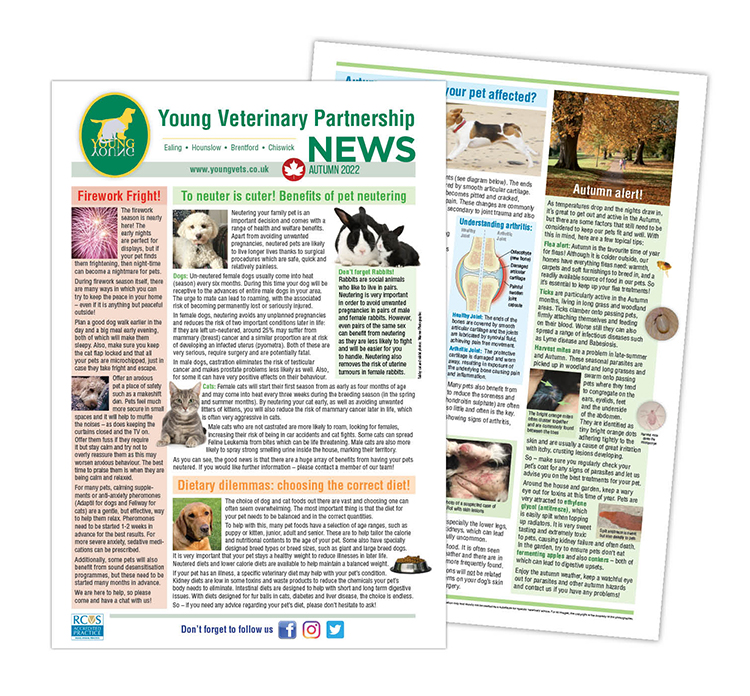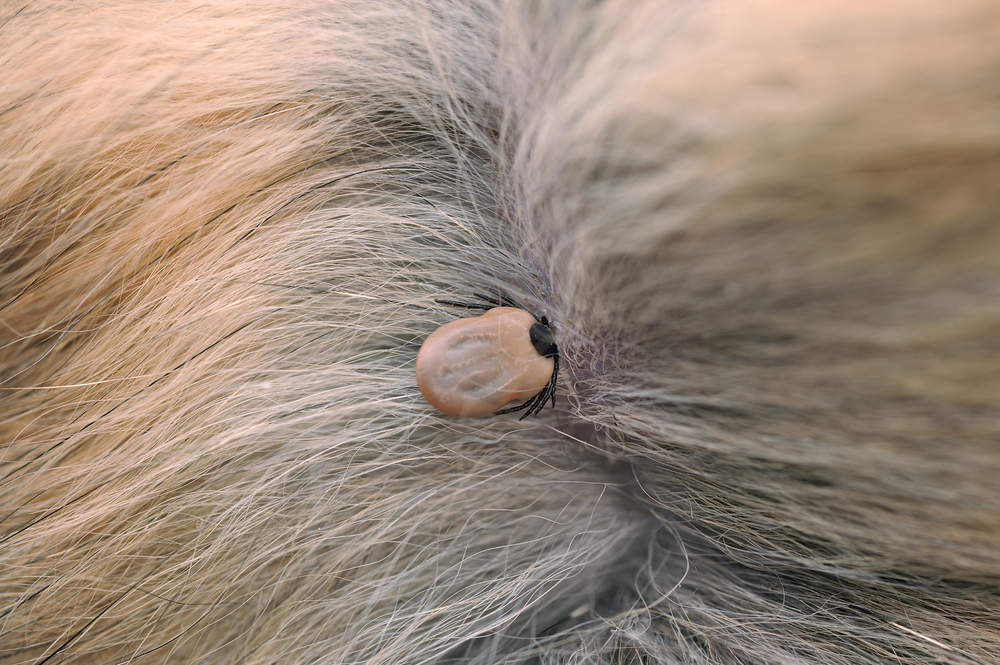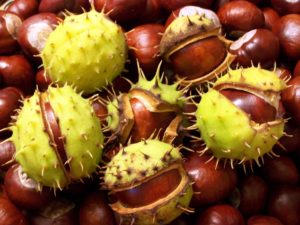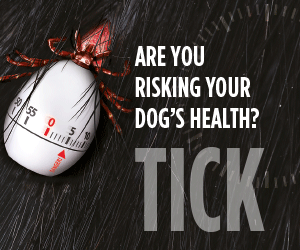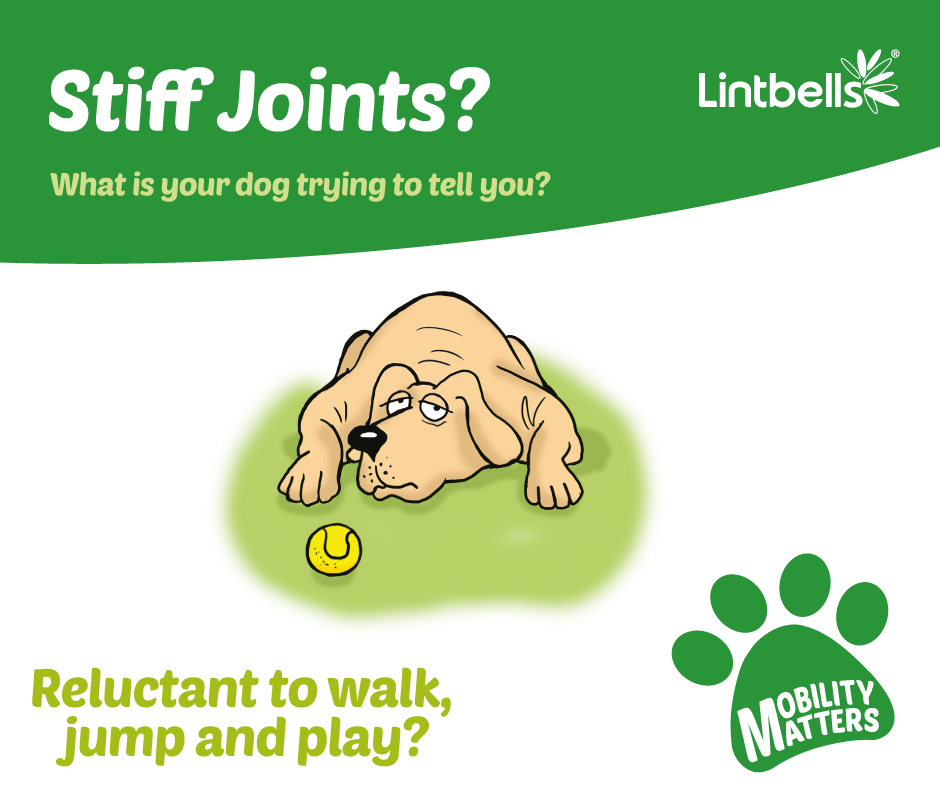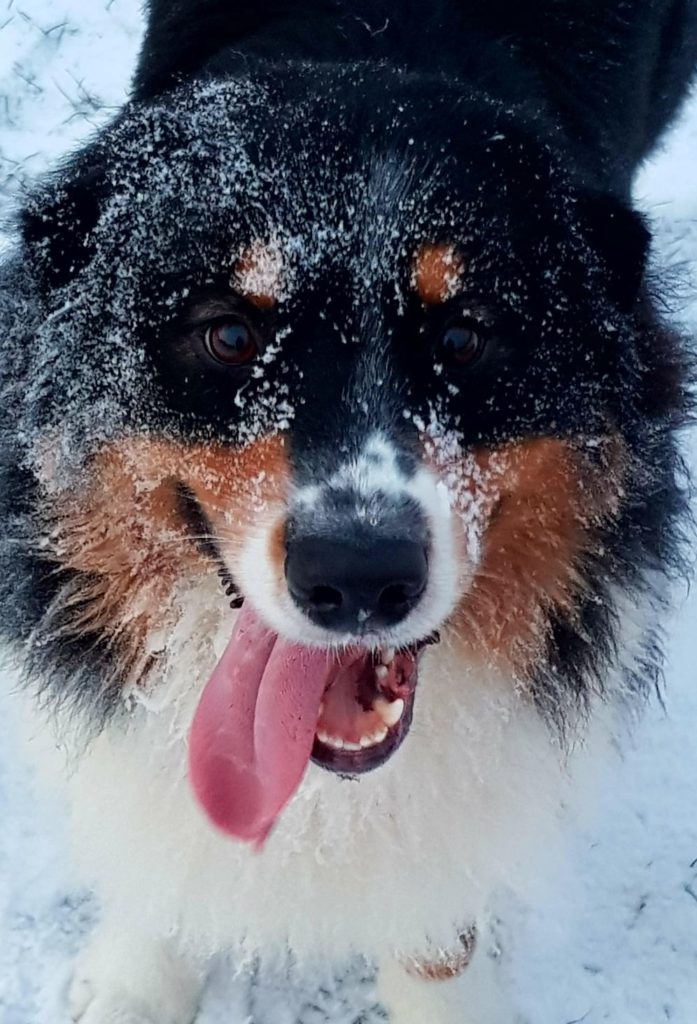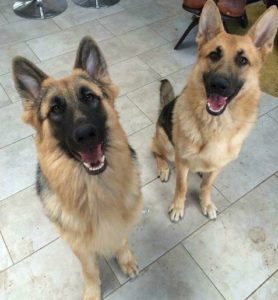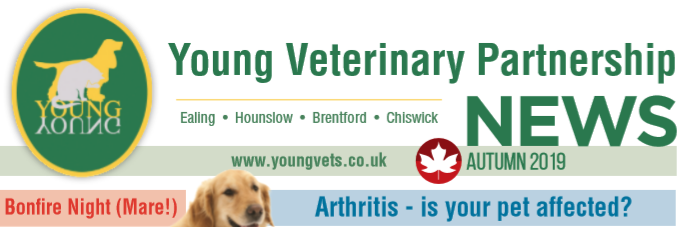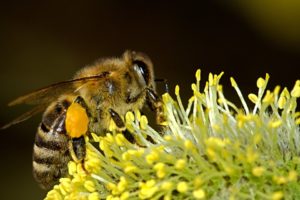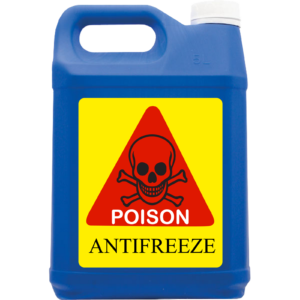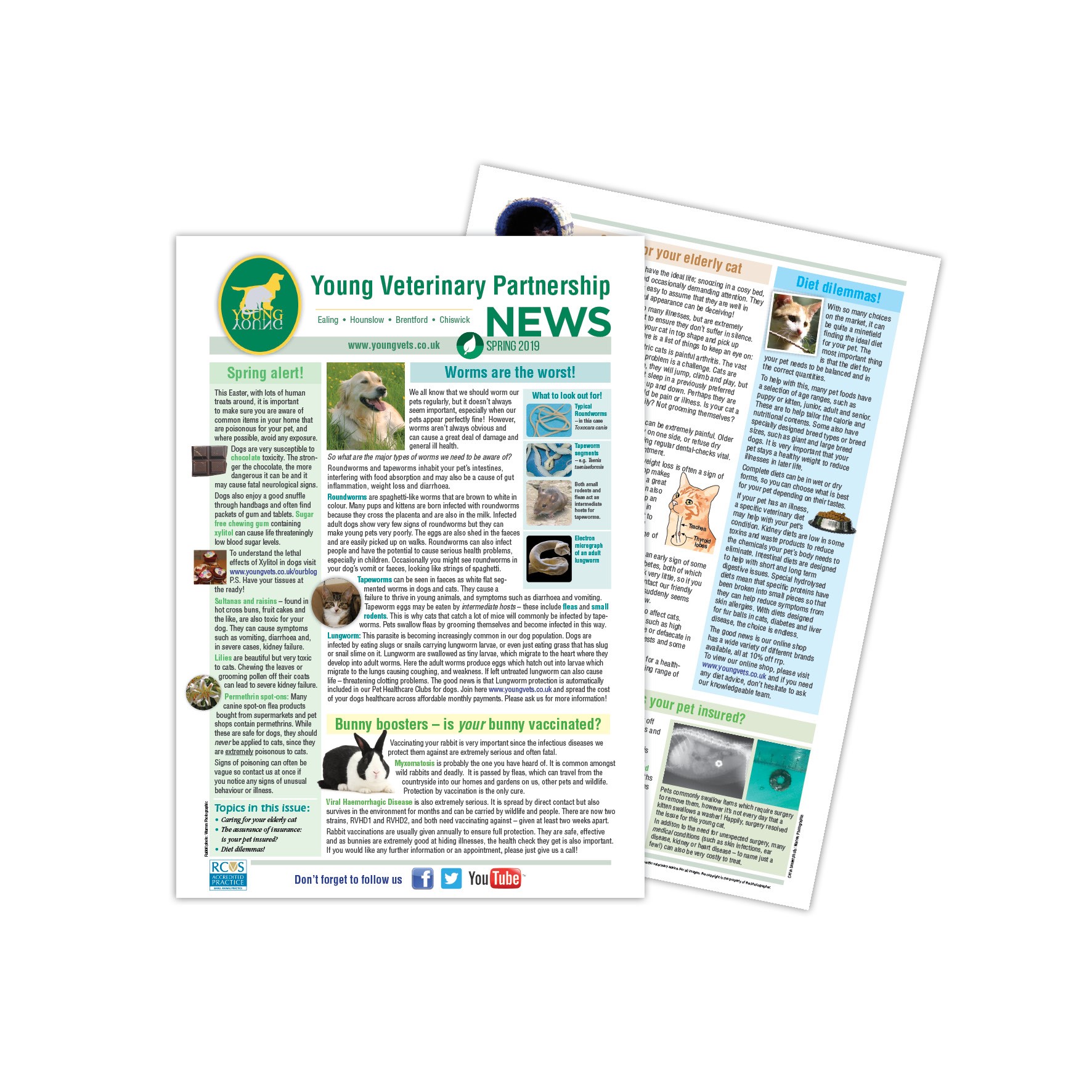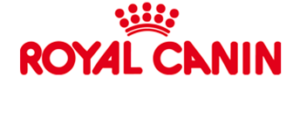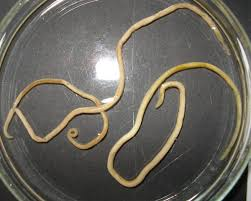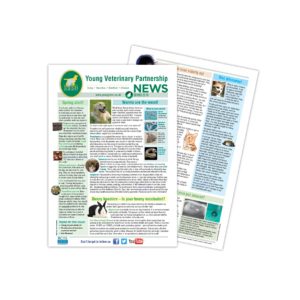Canine arthritis: the need for life-long management
Arthritis is a progressive, and painful disease affecting one or more joints. When a dog is diagnosed with arthritis, we cannot cure it but instead need to institute on-going life-long management designed to relieve pain, slow the progression of joint damage and maximise quality of life.
Management of pain
On-going life-long management of pain is key as chronic pain will limit a dog’s activity which in turn can result in muscle wastage and further hampering of mobility. This will likely mean that your vet will have prescribed medication to be used for the rest of your dogs life to help manage the pain and provide a good quality of life.
It is important that you are consistent to ensure the medication is administered in accordance with your vet’s advice; you should see improvements in your dog’s condition as a result but this doesn’t mean the disease is cured so treatment should not be stopped unless specifically advised by your vet. It can become harder to control pain if it is allowed to continue unchecked for periods of time.
Concerns over potential side effects of particular medications may also lead owners to reduce or stop the medication. It is important to speak with your vet if you have these concerns as there are there are new medications that are more appropriate for your dog and your lifestyle.
New therapies are always in development so regular contact with your veterinary practice will allow them to advise you of all the available options to chose one that is right for you and your dog.
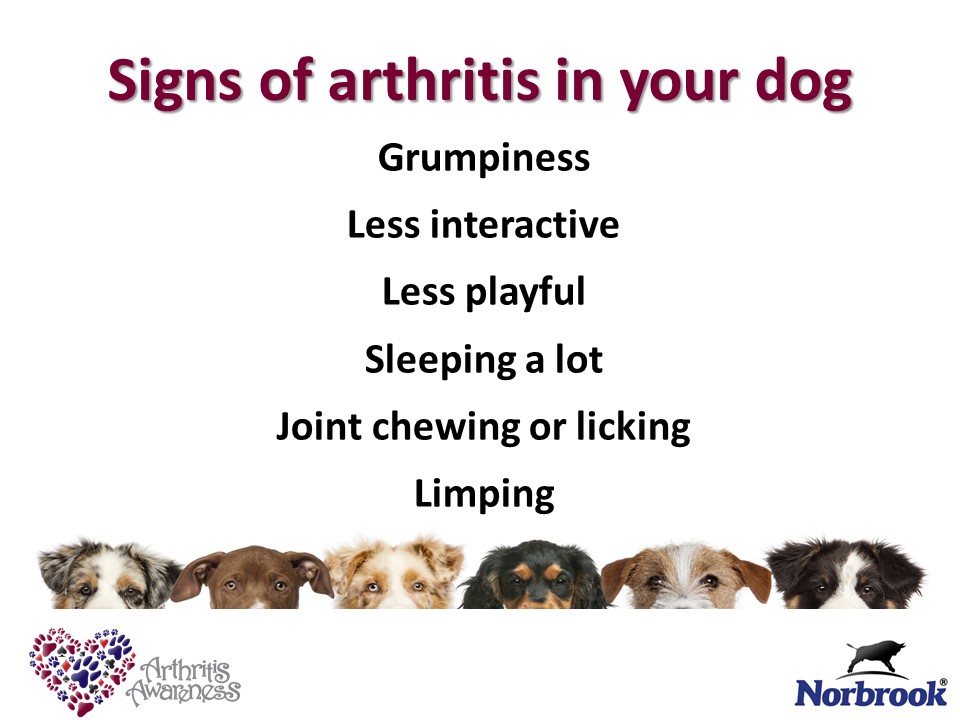
Exercise management
Exercise is an important part of a dog’s life; going out for walks is enjoyable for them, helps to maintain muscle mass and offers stimulation. If you have a dog with arthritis, this may mean that you need to alter your exercise regime for your dog.
Taking your dog on more frequent but shorter walks can be preferable and it’s also worth considering the walking surface; softer surfaces tend to be gentler on joints. If they are having a flare up (sudden reappearance of disease symptoms), which can occur with arthritis, it is sensible to rest them until this is settled. Instead you can encourage them to play or even just potter around for short and controlled periods in the garden instead.
Remember that you cannot always rely on your dog to tell you when they have had enough walking or playing, many will continue past the point where they can become sore, so it is something to be aware of and limit before that point is reached. Hydrotherapy is also a great option to consider if your dog likes water, this allows movement, but the support of the water minimises the strain on joints. This should always be managed by a qualified person.
Weight management
If a dog is overweight, this can confer many health issues and impact on their lifespan, but maintaining a healthy weight is especially important in a dog with arthritis. The reduced ability to exercise can easily lead to a dog putting on weight and this can become a vicious cycle with further strain placed on joints. Maintenance of a healthy bodyweight is something that we need to aim for with our dogs which may require a change of diet to one specifically designed to help achieve this.
Summary
Though arthritis requires on-going life-long management, there are many things we can do to ensure our dogs can live their life to the fullest despite their diagnosis and your vet practice is the ideal place to start to discuss a tailored approach suitable for your dog.
We have been treating pets from all over West London for over 50 years and our team offer a complete range of services for you and your pet, from our Pet Healthcare Club allowing you to spread the cost of your pets healthcare across affordable monthly payments, to keyhole surgery for neutering your dog. Register your pet today and visit a vet who is passionate about your pet.
This blog was written by Jayne Clark MRCVS, and provided by dogdialog on behalf of Zoetis.


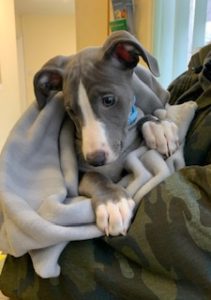
![]()


